25 Amazing Hygiene Practices from the Past
Categories: Health and Medicine | History
By Pictolic https://pictolic.com/article/25-amazing-hygiene-practices-from-the-past.htmlIn the distant past, things we take for granted today, such as showering, hand washing, toilets, garbage cans and sewers, looked completely different. However, the concept of hygiene has been known since time immemorial. It’s just that the ways of maintaining it were different, and different in different cultures. Here are some examples showing how hygiene practices have changed over the centuries.
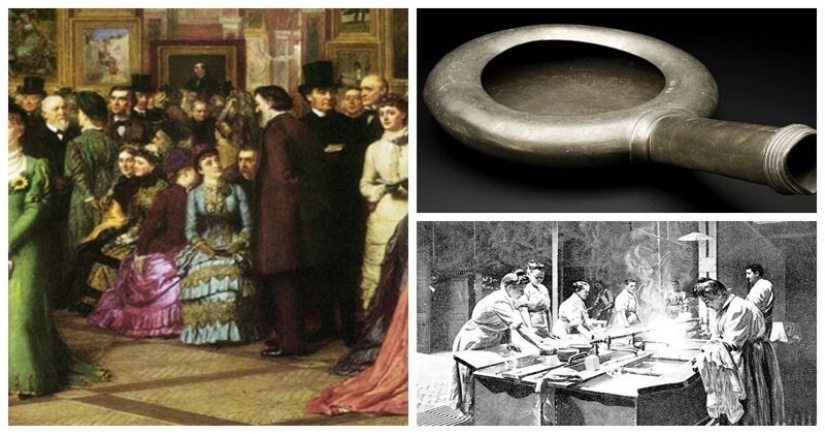
How often did people change their clothes? The answer is not every day. On average they had 4 outfits, one for each season. Even the nobility.
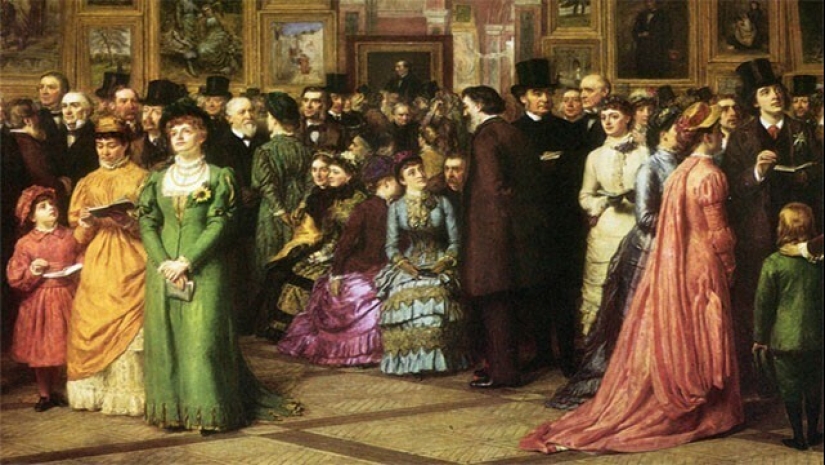
During childbirth, women were usually given oil and vinegar along with eagle droppings (all intended to relieve pain).

Usually, if a person fell ill, leeches were applied to his body. To get rid of "bad blood".
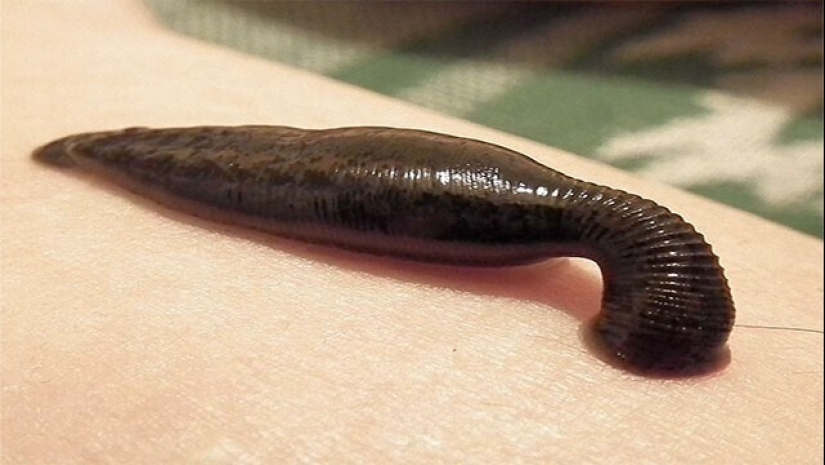
The wigs were usually infested with lice. Moreover, they were soaked in animal fat (to fluff and lay), so they smelled bad and were often flammable.

Among the nobility, daily washing was common... with urine. Don't be surprised, some people still suggest urine as a face wash.

There was a time when chicken manure mixed with potassium was rubbed onto the scalp to cure baldness.
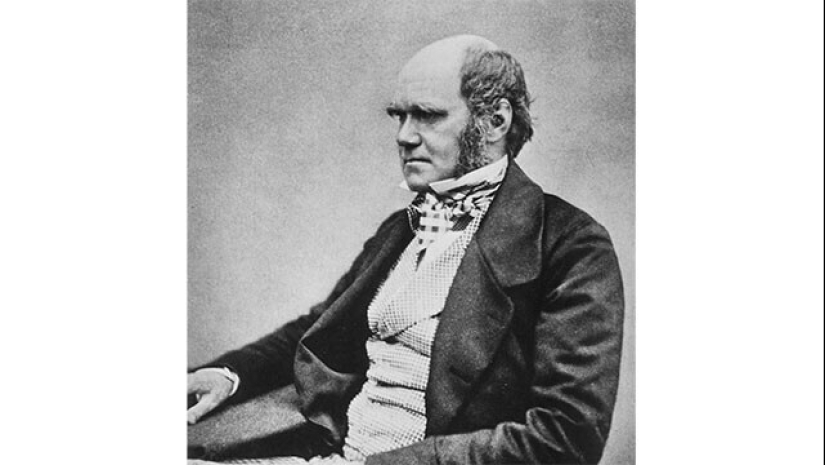
Usually people washed in the same water. Since most people did not have baths at home, they went to public baths.
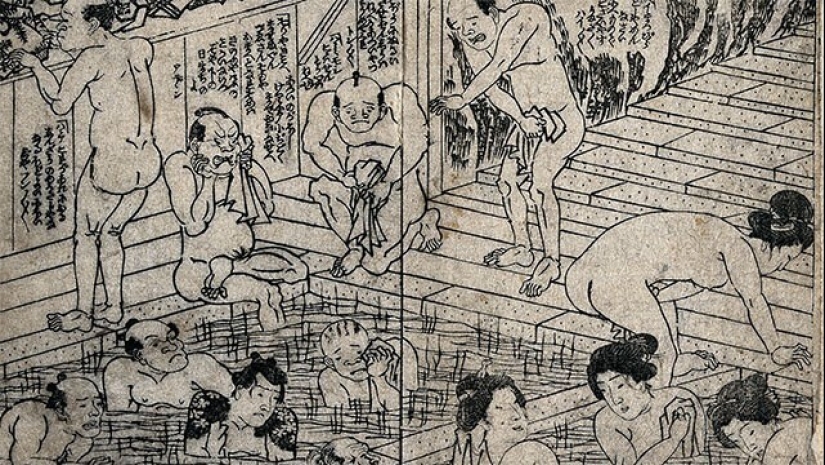
If in the middle of the night he suddenly wanted to go to the toilet, a person simply took out a chamber pot or bedpan from under the bed. The most unpleasant thing about this is that the contents of the pots often spilled directly out of the window onto the street.
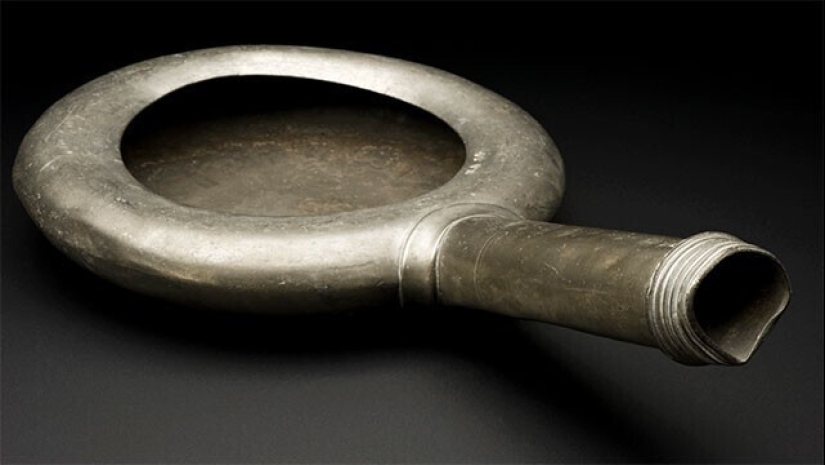
If you were a king, you wouldn't wipe yourself. Kings usually had a "chamberlain of the chair." This courtier's job was to carry the king's portable toilet and other toiletries. And help the monarch, even to the point of wiping. The position was surprisingly in demand among the nobles. Well, as for the peasants, they used leaves.
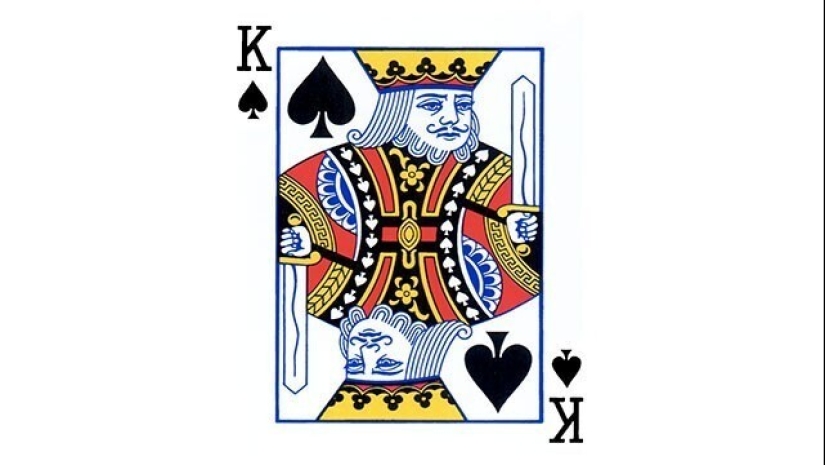
The Romans used mouse brains to clean their teeth.
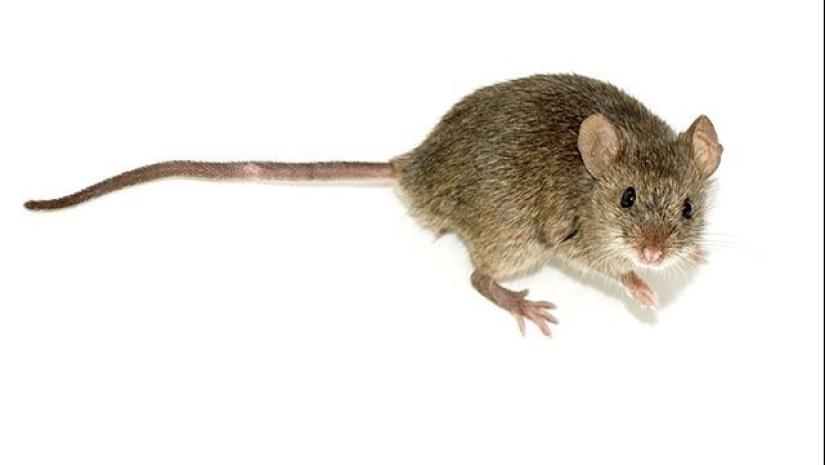
In Victorian times, wine was considered the most common antiseptic, followed by urine.
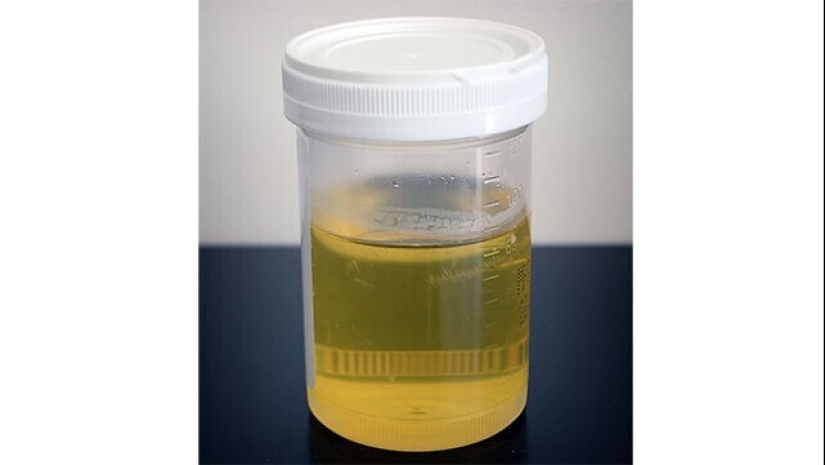
If the house had a thatched roof, there would most likely be bird droppings littered throughout the room. Even on the bed.
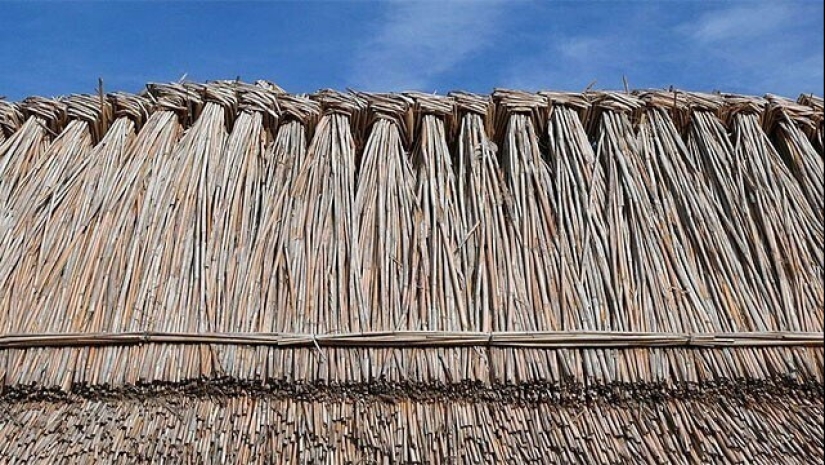
Often the garbage was simply thrown into a cesspool near the house. Of course, it was a breeding ground for disease.
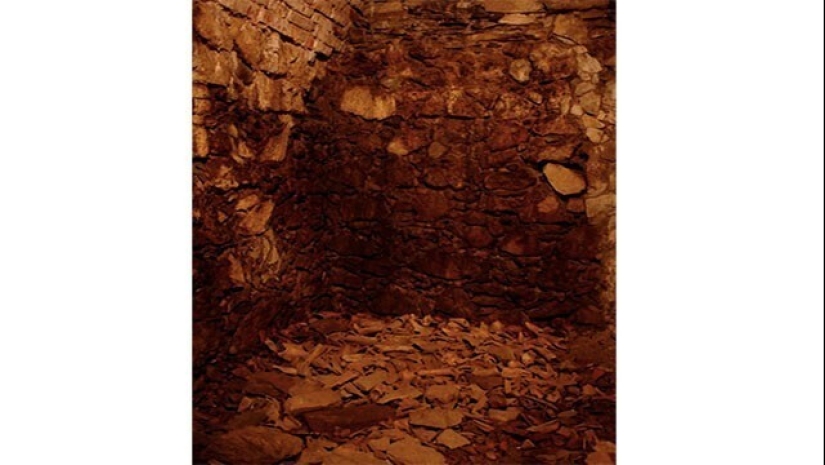
On the rare occasions when people washed their clothes, it was usually done with a mixture of lye and urine. As you can see, you can’t live without urine.
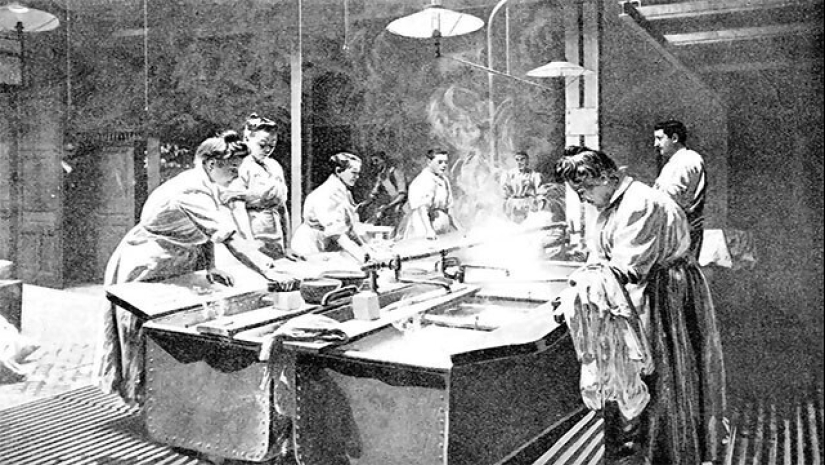
There were no such things as clean surgical instruments. Unless you consider a scalpel soaked in urine to be clean...
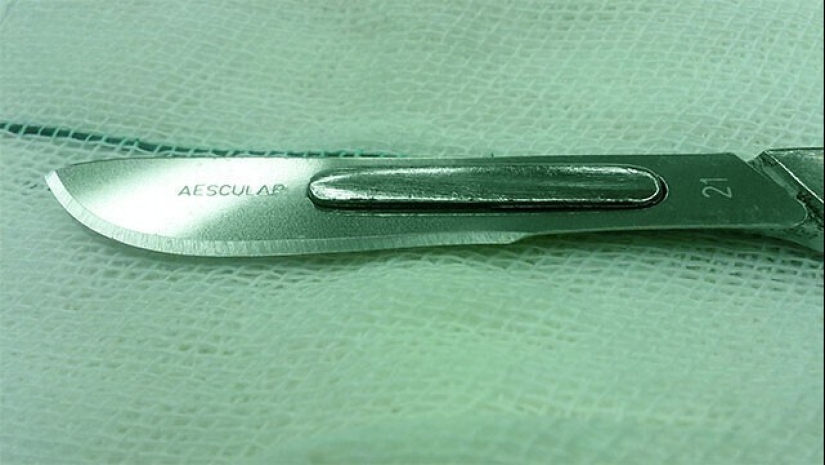
Castles and large houses usually had a place where you could wash your hands before eating. Apart from this, however, there was little hand washing. People then did not yet know about germs and bacteria.
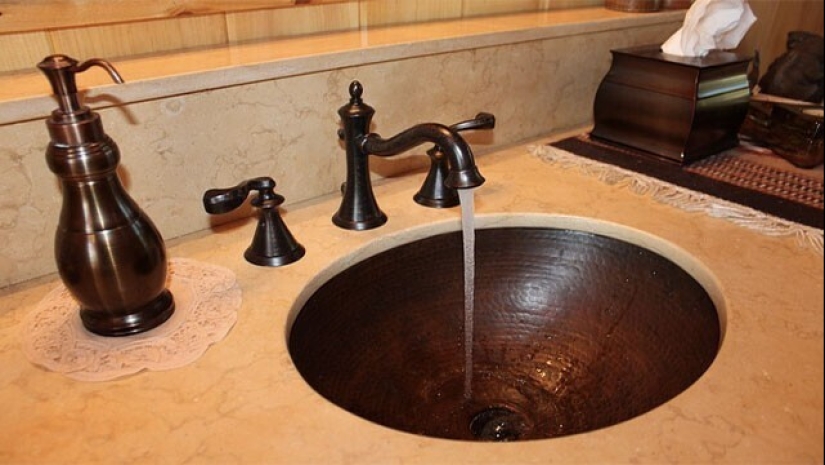
Clean moats filled with clear water? It is a myth. Moats were a real dump for most castles.

Until the 18th century, there was no effective system for cleaning streets. Most of the city's streets were covered in excrement (both human and animal), urine, animal carcasses and rotting food.

Indoors, the dirt floor was often covered with straw. Its upper layer was changed from time to time, but the lower layer remained for a long time, turning into an ideal environment for the growth of bacteria.
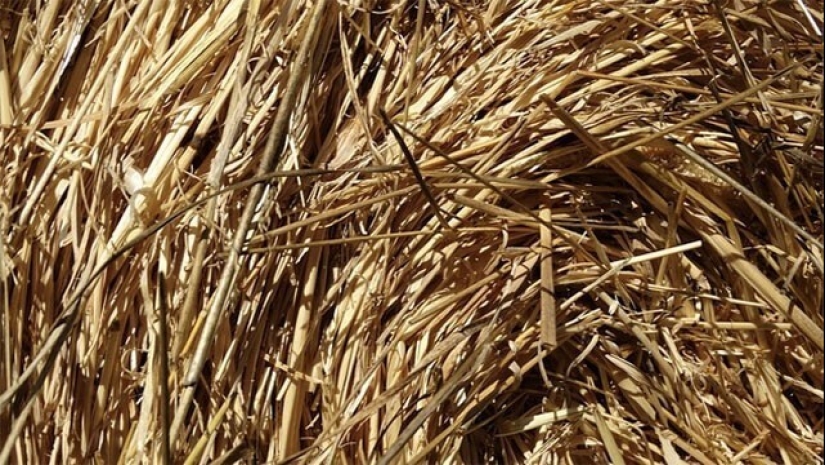
Some fashionistas used small pieces of mouse skin to give their eyebrows expressiveness.
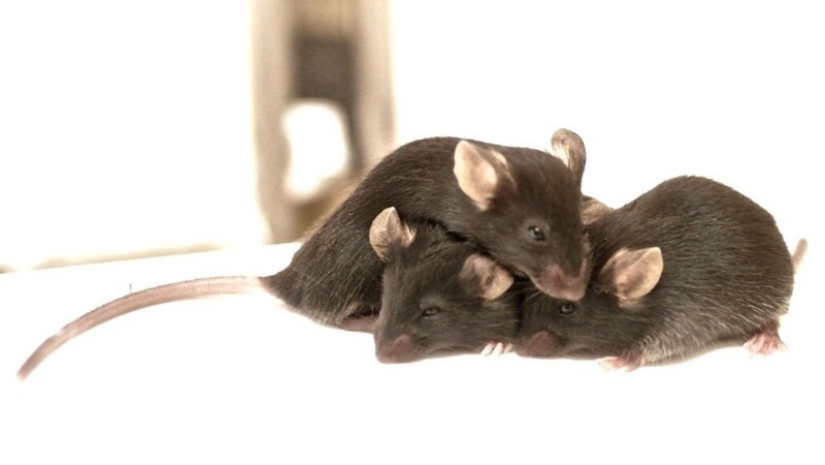
In cities that had some kind of sewer system, it was usually open, since there were no sewer drains. People simply dumped waste there. Of course, this is better than pouring them directly onto the street.
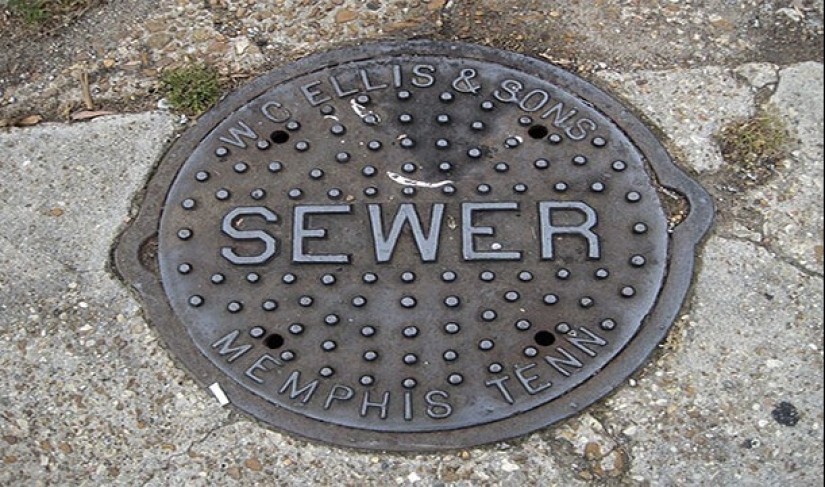
So much waste was dumped into lakes and rivers that in the 14th century the English Parliament levied fines for illegal pollution.

Victorian women used leaded powder to give their faces a creamy white complexion. Instead of washing, they simply added layer after layer. Not surprisingly, this led to illness.
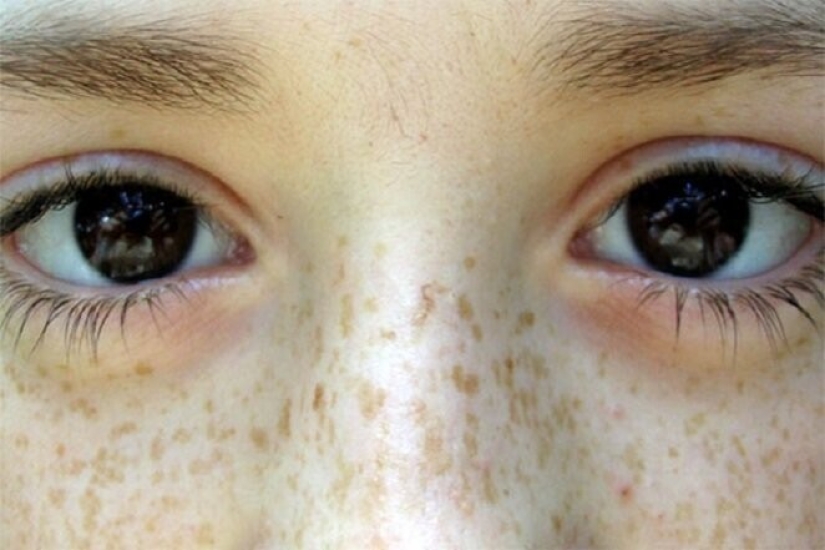
Freckles were considered a fault, and people would often rub sulfur into their skin in an attempt to get rid of them.

There was nothing of the kind. Almost everyone did not smell like violets, but no one paid attention to it. However, royalty sometimes used flower essences to smell better.
Recent articles

It's high time to admit that this whole hipster idea has gone too far. The concept has become so popular that even restaurants have ...

There is a perception that people only use 10% of their brain potential. But the heroes of our review, apparently, found a way to ...

New Year's is a time to surprise and delight loved ones not only with gifts but also with a unique presentation of the holiday ...